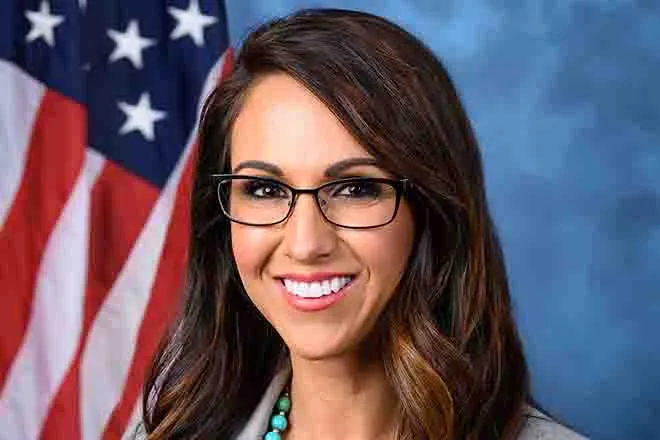
Colorado’s safety-net health centers join 60th birthday celebration
Click play to listen to this article.
It’s been 60 years since President Lyndon Johnson launched the nation’s first safety-net medical facilities, now known as Community Health Centers.
The federal investment came after local doctors and concerned citizens saw the critical need for affordable care in underserved communities. Today, CHCs serve nearly 33 million Americans, according to a new analysis of federal data.
Ross Brooks, CEO of the Colorado Community Health Network, said in 2024, these clinics delivered primary, behavioral health and dental care to over 850,000 Coloradans.

© iStock - nevarpp
"And they do that comprehensively in rural, frontier, urban areas," said Brooks. "Today, we’ve got more than 250 clinic sites, serving the needs of the most vulnerable across the state."
Nine in ten CHC patients have incomes at or near 200 percent of the Federal Poverty Level, and most are children, seniors, veterans and people living in rural areas. Nearly 80 percent have no health insurance, or are covered through Medicare or Medicaid.
Research indicates CHC patients have better health outcomes at much lower costs, largely through regular preventive care that limits expensive emergency care and hospitalization.
But CHCs face strong financial headwinds. After Congress ended automatic Medicaid renewal in 2023, millions lost their health insurance, and CHCs saw a surge of over one million new patients.
Brooks said he expects cuts to Medicaid under President Donald Trump’s signature tax and spending law to increase uncompensated care costs for CHCs, which are required to serve patients regardless of their ability to pay.
He noted that an additional 130,000 Coloradans could lose their Medicaid coverage, and many may delay or not seek care at all.
"Which puts more people at risk," said Brooks, "and ultimately is going to further hurt the financial viability of Community Health Centers, of rural hospitals and lots of safety net providers across the state."
With federal funding for CHCs set to expire at the end of September, Brooks said he hopes Congress will double down on the nation’s investments in CHC-delivered care, to ensure there’s a safety net for their constituents.
"We have really enjoyed and appreciated bipartisan support through Republican and Democratic administrations over 60 years," said Brooks, "and we’re really asking Congress to take action to make sure that the most vulnerable folks in their states have access to affordable care."















